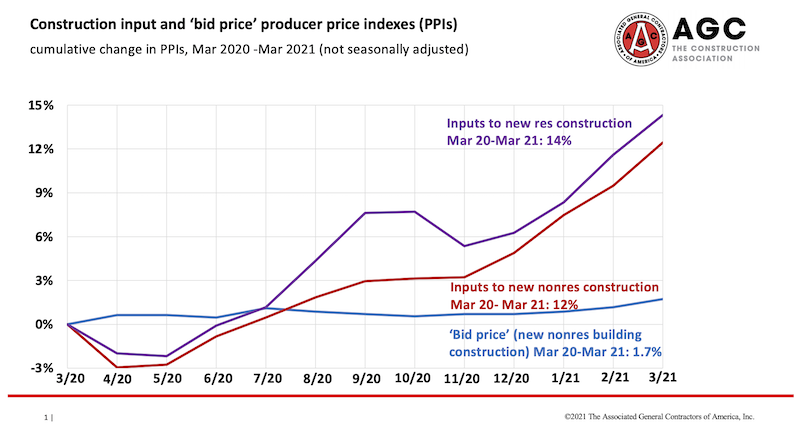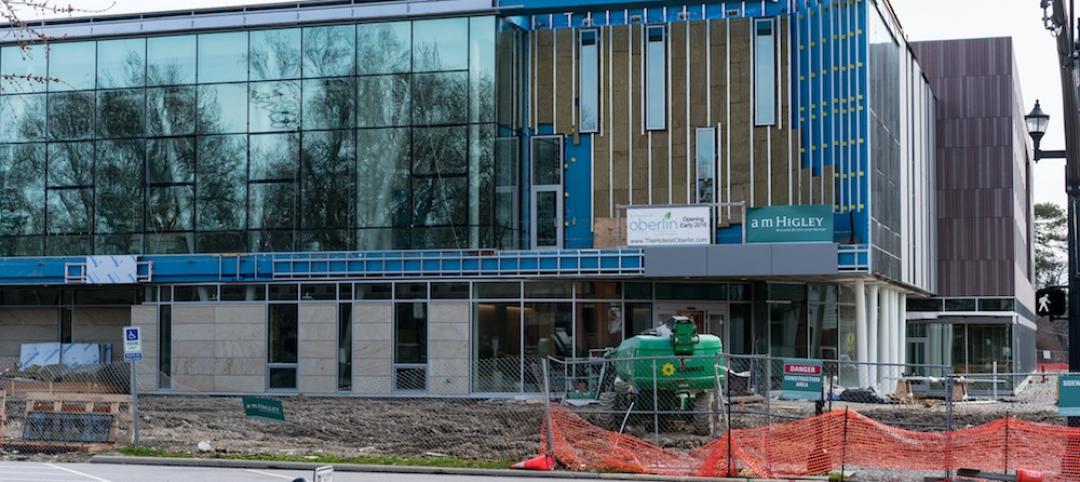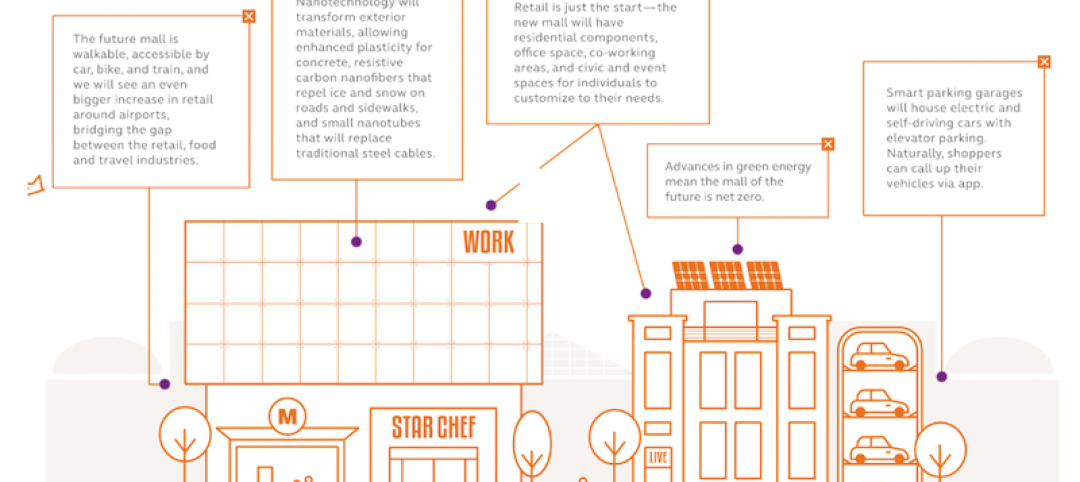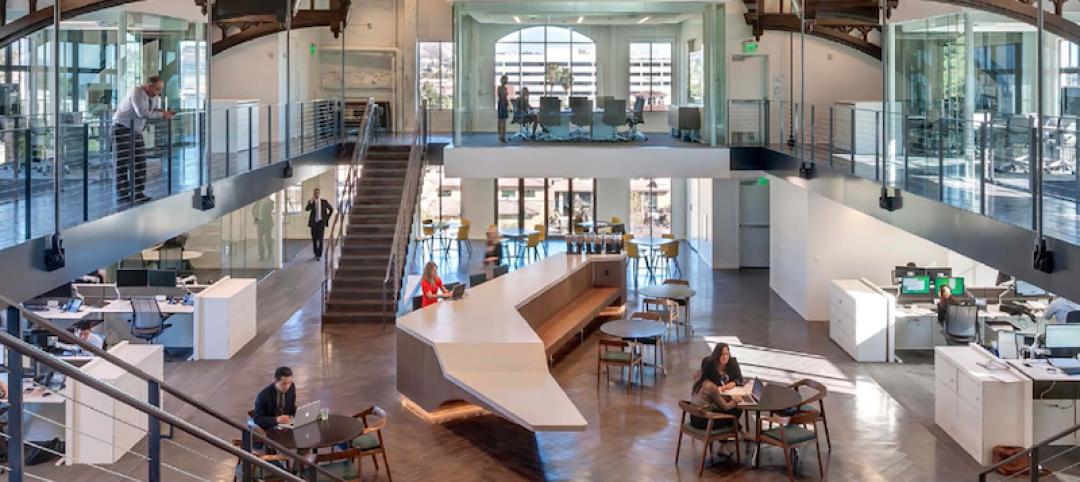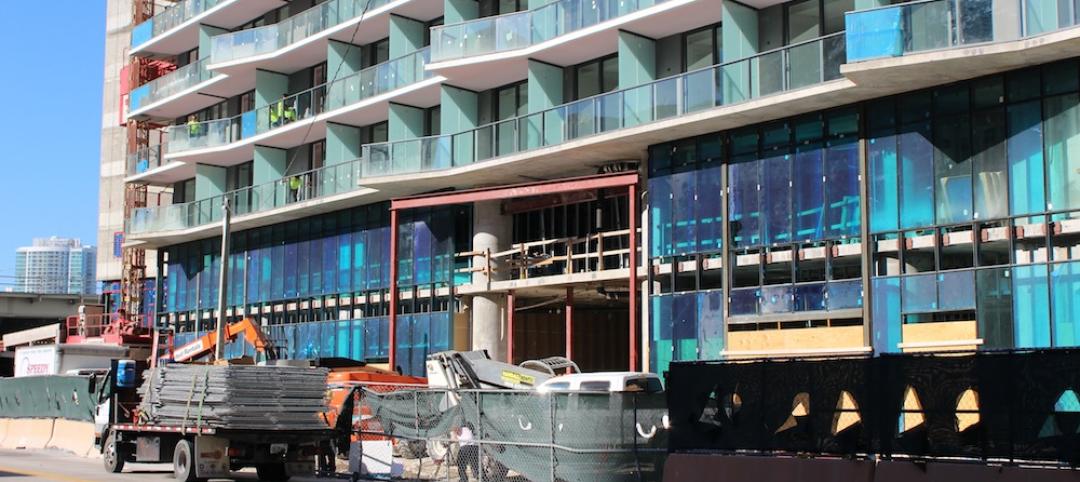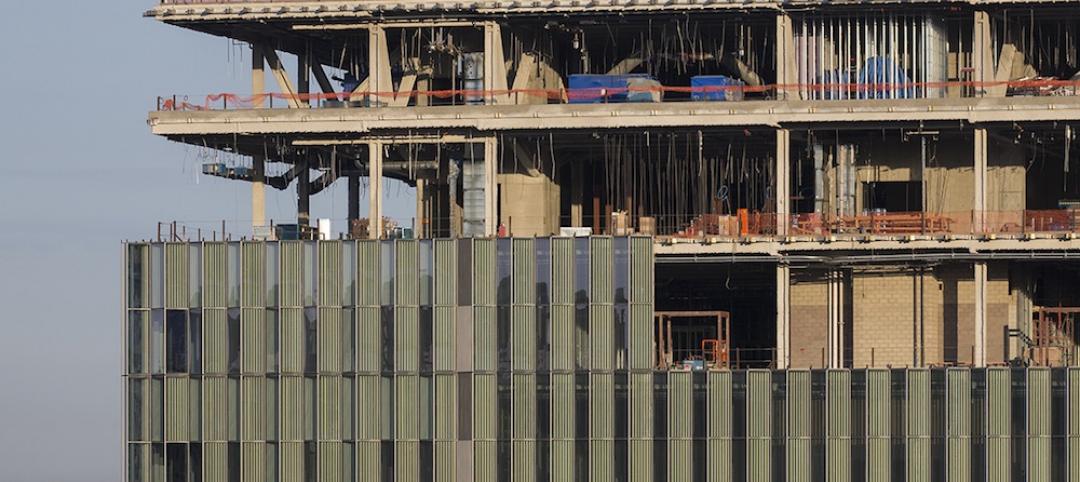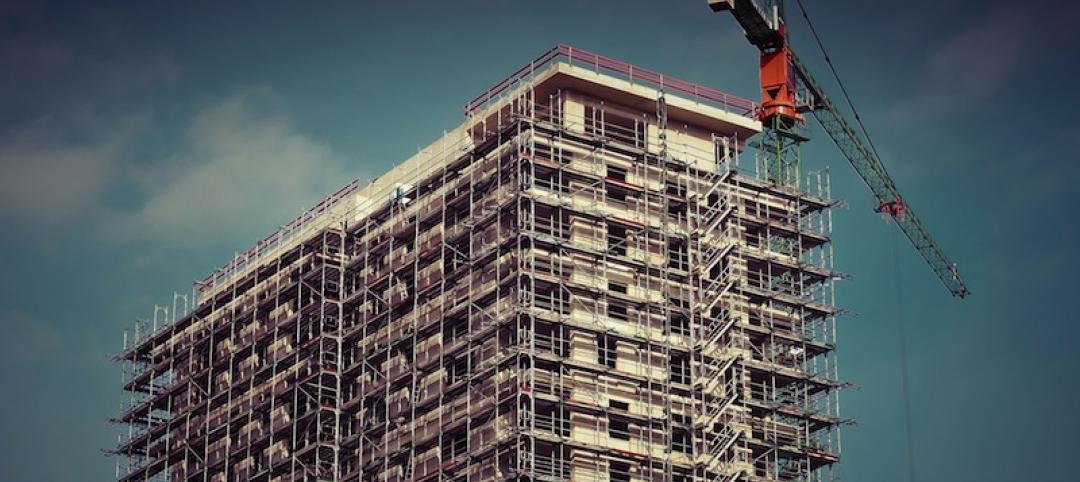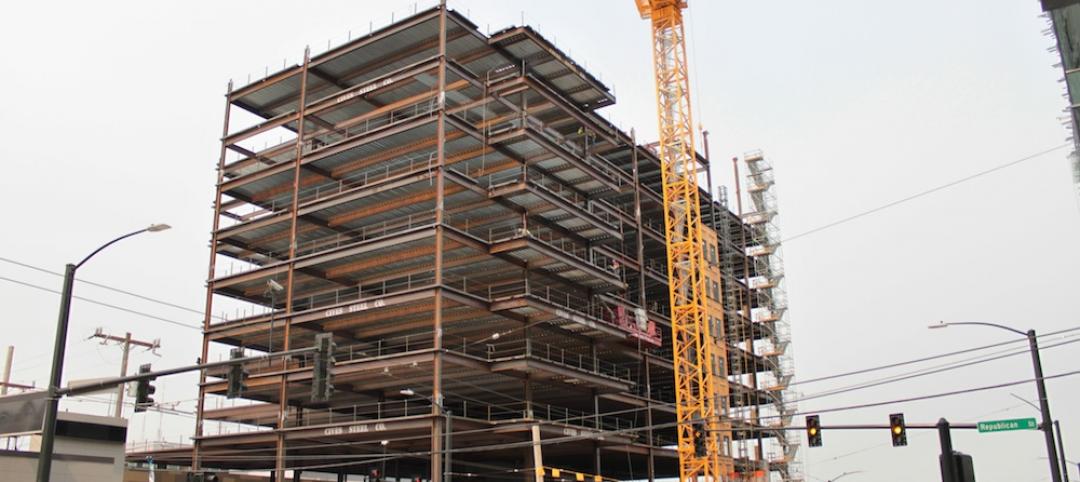An unprecedented leap in the price of goods used in construction and supply-chain disruptions are wreaking hardships on contractors and slowing projects, according to an analysis by the Associated General Contractors of America of government data released today. The association posted a Construction Inflation Alert to update contractors and their clients about the latest developments. Association officials urged the Biden administration to end a variety of tariffs and quotas on imported construction inputs and to help ease domestic supply-chain problems.
“Today’s producer price index report documents just some of challenges contractors are experiencing with fast-rising materials costs, lengthening or uncertain delivery times, and rationing of key inputs,” said Ken Simonson, the association’s chief economist. “These problems threaten to drive up the cost and completion time for many vital projects and potentially set back the recovery in construction employment.”
Prices for materials and services used in construction and contractors’ bid prices both declined at the beginning of the pandemic but have diverged in the past year, Simonson said. A government index that measures the selling price for goods used construction jumped 3.5% from February to March and 12.9% since March 2020. Both the monthly and yearly increases were the highest recorded in the 35-year history of the series, he noted. Meanwhile, the producer price index for new nonresidential construction—a measure of what contractors say they would charge to erect five types of nonresidential buildings—increased only 0.5% last month and 1.7% over the past 12 months.
“These material cost increases—steep as they are—tell only part of the story,” Simonson added. “They are based on prices the government collected a month ago, and they fail to capture the notices contractors are receiving daily about longer lead times, shipments held to a fraction of previous orders, and other challenges.”
Association officials said some of the supply chain problems are being caused by the pandemic, which is leaving manufacturers and shippers shorthanded amid growing demand for a host of products. But they added that federal policies, particularly tariffs and quotas on key building materials like lumber and steel, are also contributing to price spikes, supply shortages, and delivery delays. They urged the administration to remove those import barriers and explore ways to help unclog shipping backups.
“The Biden administration must address soaring lumber and steel costs and broader supply chain woes with the same energy they are putting into dealing with shortages of automotive microchips,” said Stephen E. Sandherr, the association’s chief executive officer. “Without tariff relief and other measures, construction employers will have little ability to invest in new equipment and hire new employees.”
View producer price index data. View chart of gap between input costs and bid prices. View AGC’s Alert.
Related Stories
Market Data | Apr 4, 2016
ABC: Nonresidential spending slip in February no cause for alarm
Spending in the nonresidential sector totaled $690.3 billion on a seasonally adjusted, annualized basis in February. The figure is a step back but still significantly higher than one year ago.
Market Data | Mar 30, 2016
10 trends for commercial real estate: JLL report
The report looks at global threats and opportunities, and how CRE firms are managing their expectations for growth.
Market Data | Mar 23, 2016
AIA: Modest expansion for Architecture Billings Index
Business conditions softening most in Midwest in recent months.
Retail Centers | Mar 16, 2016
Food and technology will help tomorrow’s malls survive, says CallisonRTKL
CallisonRTKL foresees future retail centers as hubs with live/work/play components.
Market Data | Mar 6, 2016
Real estate execs measure success by how well they manage ‘talent,’ costs, and growth
A new CBRE survey finds more companies leaning toward “smarter” workspaces.
Market Data | Mar 1, 2016
ABC: Nonresidential spending regains momentum in January
Nonresidential construction spending expanded 2.5% on a monthly basis and 12.3% on a yearly basis, totaling $701.9 billion. Spending increased in January in 10 of 16 nonresidential construction sectors.
Market Data | Mar 1, 2016
Leopardo releases 2016 Construction Economics Report
This year’s report shows that spending in 2015 reached the highest level since the Great Recession. Total spending on U.S. construction grew 10.5% to $1.1 trillion, the largest year-over-year gain since 2007.
Market Data | Feb 26, 2016
JLL upbeat about construction through 2016
Its latest report cautions about ongoing cost increases related to finding skilled laborers.
Market Data | Feb 17, 2016
AIA reports slight contraction in Architecture Billings Index
Multifamily residential sector improving after sluggish 2015.
Market Data | Feb 11, 2016
AIA: Continued growth expected in nonresidential construction
The American Institute of Architects’ semi-annual Consensus Construction Forecast indicates a growth of 8% in construction spending in 2016, and 6.7% the following year.


